Whiskey has carved out a significant niche in the Indian beverage market, becoming a favorite among many. The reasons behind this growing preference are multi-faceted, encompassing cultural, social, and economic aspects. In this blog, we’ll explore why Indians like whiskey more, shedding light on its rise in popularity and the factors contributing to its esteemed status.
1. Cultural Significance
- Traditional Ties: Whiskey has long been associated with celebrations and social gatherings in India. Whether during festivals, weddings, or family get-togethers, whiskey often takes center stage.
- Heritage Brands: Iconic Indian whiskey brands like Amrut, Royal Challenge, and Paul John have established a deep-rooted presence in the market, promoting local heritage and craftsmanship.
2. Taste and Variety
- Diverse Flavor Profiles: Whiskey offers a wide range of flavors, from smoky to sweet, appealing to various palates. This variety allows enthusiasts to explore different whiskey styles, including Scotch, Irish, and Indian single malts.
- Mixability: Whiskey can be enjoyed neat, on the rocks, or mixed in cocktails, making it a versatile choice for different occasions.
3. Growing Middle Class and Premiumization
- Economic Factors: As the Indian middle class expands, there’s a growing inclination towards premium alcoholic beverages. Whiskey, often perceived as a symbol of sophistication, fits perfectly into this trend.
- Increased Purchasing Power: Rising disposable incomes have led consumers to seek higher-quality whiskey options, enhancing the market’s growth.
4. Marketing and Branding
- Aggressive Marketing Strategies: Distilleries and brands have implemented effective marketing strategies, including celebrity endorsements and innovative advertising campaigns, to appeal to the Indian consumer.
- Cultural Adaptation: Brands often adapt their products to resonate with Indian culture, offering flavors and packaging that align with local preferences.
5. Social Status and Networking
- Status Symbol: Whiskey consumption has become associated with social status. Sharing a fine bottle of whiskey with friends or colleagues can enhance one’s image in social and professional circles.
- Networking Opportunities: Whiskey serves as a conversation starter and bonding agent, particularly in business settings, where sharing a drink can strengthen professional relationships.
Conclusion
The rising popularity of whiskey in India can be attributed to a blend of cultural significance, diverse flavors, economic growth, effective marketing, and social dynamics. As the whiskey market continues to evolve, it is clear that this beloved spirit will remain a staple in Indian households and social gatherings for years to come.


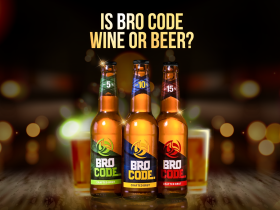













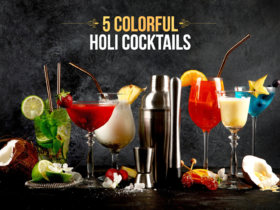


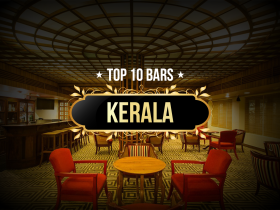
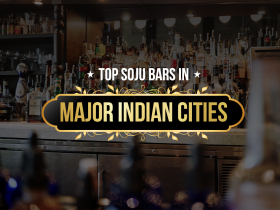

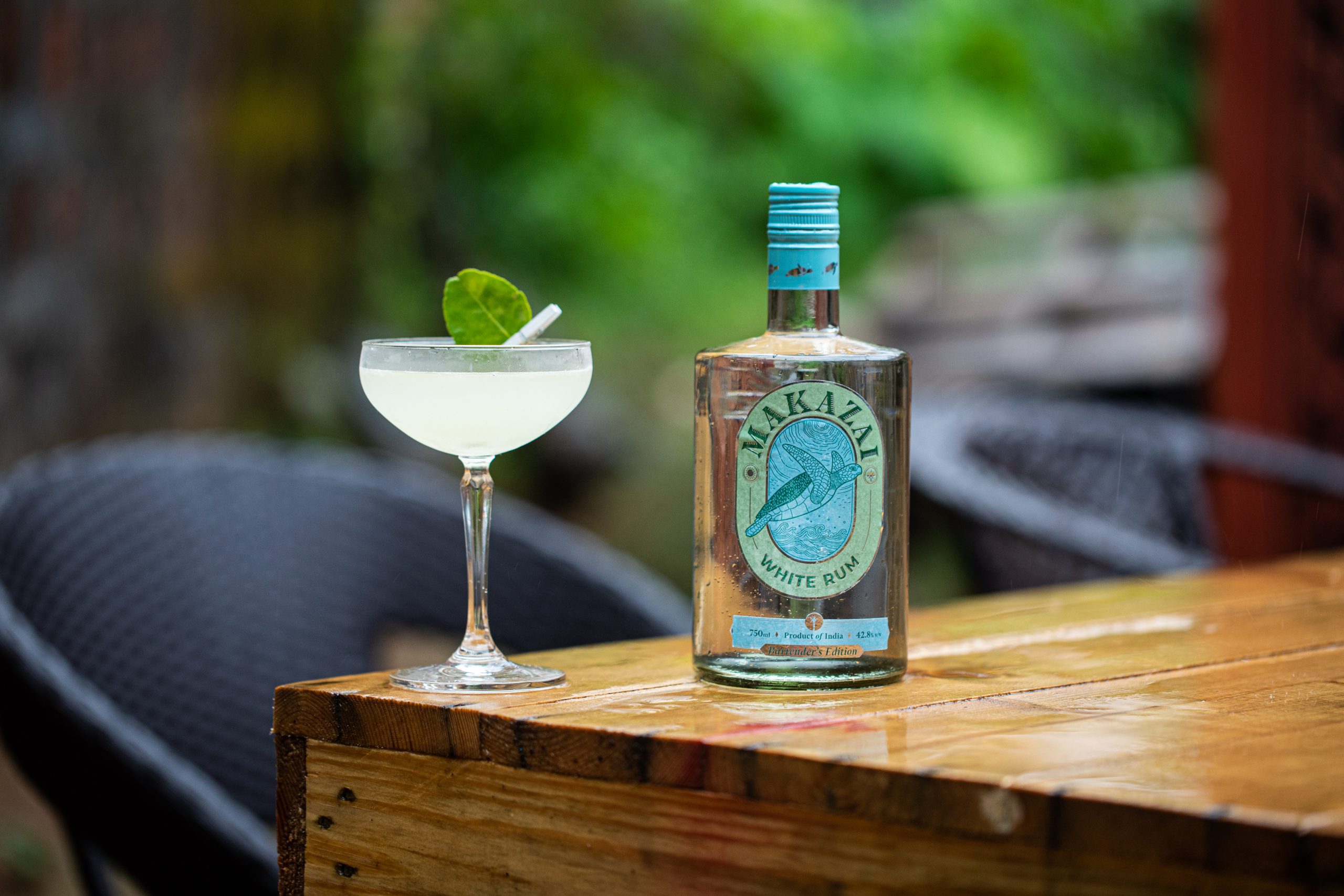
Leave a Reply